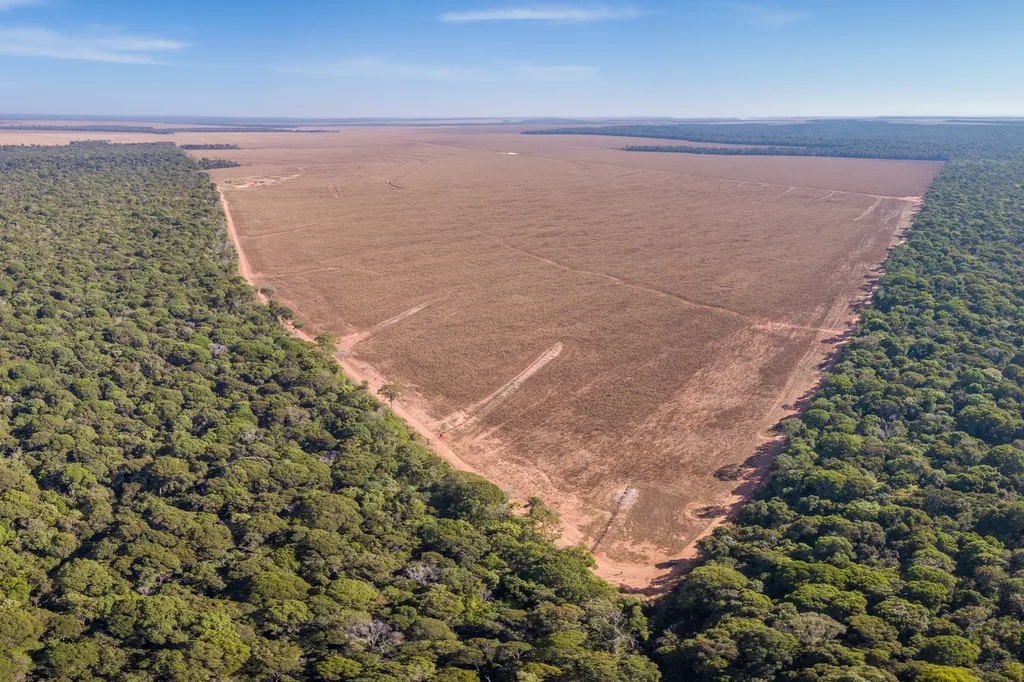The world’s forests continue to face significant challenges, with around 20 million acres lost annually, an area roughly equivalent to the size of Ireland. This stark reality is highlighted in a new report from Climate Focus, which warns that global forests “remain in crisis.” The primary drivers of this deforestation are miners, loggers, and farmers, who are often supported by substantial subsidies.
The agricultural sector, in particular, has received $409 billion in yearly subsidies for industrial farming since 2022. These subsidies, intended to support farming practices, inadvertently encourage activities that contribute to deforestation. The report underscores the need for a critical review of these subsidies to ensure they align with global commitments to halt forest destruction.
Private investment also plays a significant role in perpetuating destructive industries. An analysis by Global Witness reveals that since the adoption of the Paris Agreement, banks and investors globally have earned $26 billion in income from just 50 companies involved in cattle, soy, palm oil, rubber, timber, and pulp and paper—all industries linked to deforestation. This finding highlights the urgent need for investors to reassess their portfolios and consider the environmental impact of their investments.
The situation is compounded by the increasing intensity of droughts and wildfires, which are exacerbating forest loss. In the tropics, last year marked the first instance where fire, rather than farming, was the primary driver of primary forest loss, according to the World Resources Institute. Small fires, often used to clear land, have escalated into larger, uncontrollable blazes due to drought conditions. This trend underscores the need for improved fire management practices and strategies to mitigate the impacts of climate change.
Despite these challenges, there are signs of recovery. Climate Focus reports that the rate of regrowth for humid tropical forests has increased significantly over the past decade. In Asia, the regrowth rate has quadrupled, and in Latin America, it has seen a sevenfold increase. While these figures reflect the vast amount of forest that has been destroyed, the regrowth of forests still plays a crucial role in carbon sequestration and providing habitats for wildlife.
For the agriculture sector, these findings underscore the need for sustainable practices that minimize deforestation. Farmers and agricultural companies must adopt methods that protect existing forests and promote regrowth. This shift is not only environmentally responsible but also essential for long-term business sustainability, as consumers and investors increasingly demand eco-friendly practices.
Investors, too, must take heed of these findings. The financial gains from industries tied to deforestation are increasingly at odds with global environmental commitments. Investors should consider redirecting their funds towards sustainable agriculture and forestry practices, which can offer both financial returns and environmental benefits. By doing so, they can contribute to the global effort to halt deforestation and support the recovery of vital forest ecosystems.
In conclusion, the ongoing destruction of forests presents significant challenges for the agriculture sector and investors. However, the potential for forest recovery offers a glimmer of hope. By adopting sustainable practices and re-evaluating investment strategies, the agriculture sector and investors can play a pivotal role in protecting and restoring the world’s forests.

